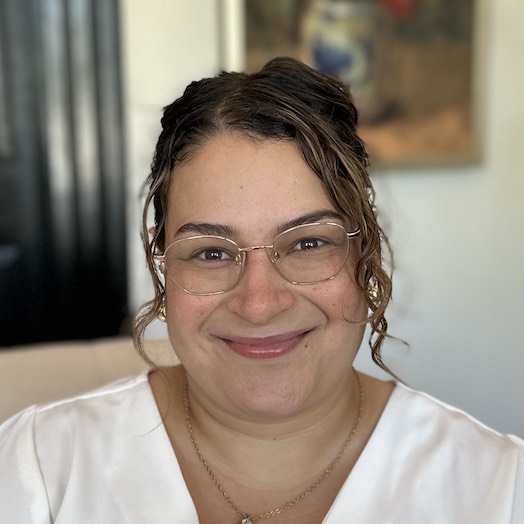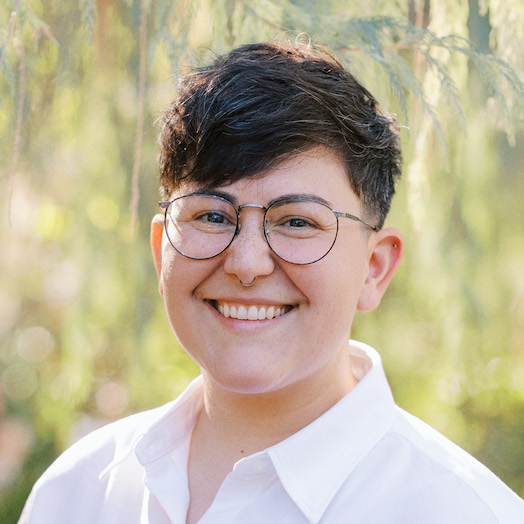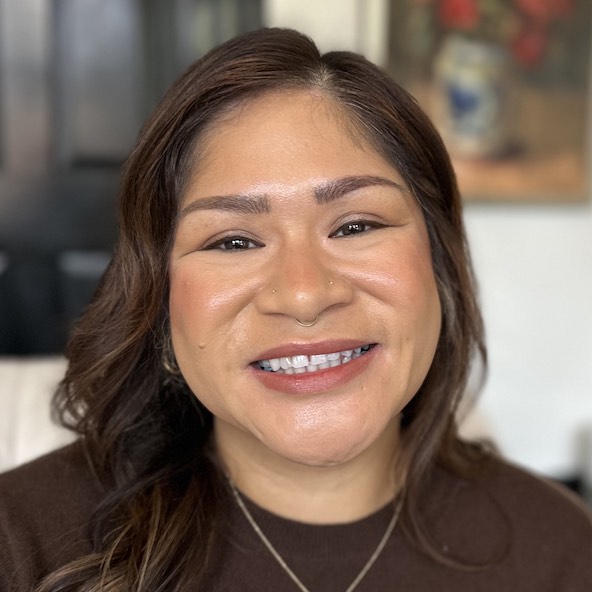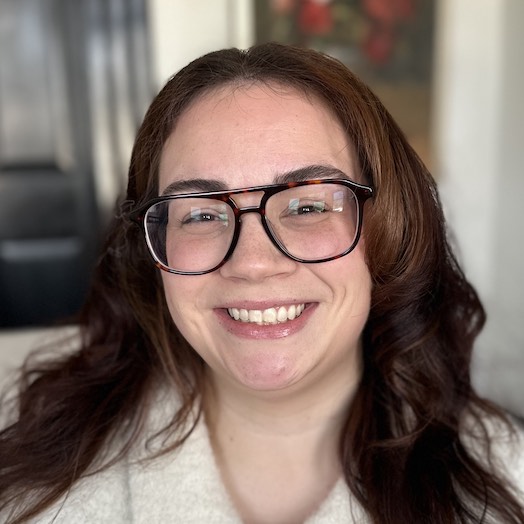
Supporting a partner in long-term recovery can be deeply rewarding, but it also comes with unique challenges that require patience and understanding. Addiction every facet of a relationship, which can create shifts in trust, communication, and emotional connection within a romantic relationship. Even after years of sobriety, the journey of recovery continues, bringing new dynamics that can feel complex to navigate.
For many partners, these realities of recovery can raise questions about how to provide meaningful support without losing sight of their own emotional needs. With a thoughtful approach, you can both build a relationship that thrives alongside recovery.
What Does Long-Term Recovery Really Mean?
Long-term recovery is the phase that follows initial treatment for substance use. This stage focuses on rebuilding a stable and fulfilling life while maintaining sobriety. Avoiding alcohol or drugs is only one aspect of long-term recovery. A commitment to sobriety also requires many people to focus on emotional healing, strengthening support systems, and developing practical skills in order to navigate life’s challenges.
For someone in long-term recovery, the challenges can shift over time. Early recovery often focuses on physical withdrawal and immediate triggers. Long-term recovery brings different issues, such as navigating stress without relapse, maintaining healthy relationships, and addressing underlying mental health conditions. Individuals in recovery may continue to attend support groups or therapy to learn to overcome these challenges and develop coping skills that maintain sobriety.
Understanding these evolving challenges throughout recovery can allow you to support your partner in a way that meets their current emotional and physical needs. Having realistic expectations of the complex challenges that can come up in recovery can help you approach your partner’s recovery with empathy and patience.
Why Your Role as a Supportive Partner Matters
Your partnership can be a powerful source of strength for someone in recovery. Feeling understood, supported, and valued by you can make a significant difference in their ongoing commitment to sobriety. However, the reverse is also true: misunderstanding their journey or unintentionally creating pressure can be counterproductive. Being supportive does not mean fixing everything for your partner. But by educating yourself about their recovery and remaining open to communication, you can foster a healthier and more connected relationship.
Understanding Their Unique Triggers and Stressors
Triggers are situations, emotions, or experiences that can create a risk of relapse, even for someone who has been in recovery for years. Common triggers might include high-stress situations, feelings of inadequacy, or social settings involving alcohol or drugs. Being aware of these triggers can help you understand how certain circumstances might affect your partner.
How You Can Help Identify and Navigate Triggers
Recognizing and addressing triggers together can help you manage cues that may trigger cravings or emotional responses. Here are steps you can take together to navigate triggers together:
- Have Open Conversations About Triggers: Sit down with your partner and ask them about situations that feel challenging for them. Listen without offering immediate solutions or judgment. Understanding their perspective can help you avoid unknowingly placing them in difficult situations that may jeopardize their sobriety.
- Work Together to Create a Plan: Once you are aware of specific triggers, you can collaborate on strategies to navigate them. For example, if a work event involves alcohol, discuss in advance whether attending is necessary or if you can support them by not drinking.
- Learn to Recognize Warning Signs: Sometimes, triggers can manifest as changes in mood or behavior before the challenge is fully visible. Observe your partner’s patterns to learn to recognize signs of stress or emotional discomfort. Gently addressing these changes can open the door to supportive conversations.
- Encourage Healthy Coping Mechanisms: Help your partner practice healthier coping skills to navigate stressful situations. Mindfulness activities, regular exercise, or attending a recovery support group can serve as valuable outlets. Offering to join them in these activities, such as attending a yoga class or taking a walk, can show your commitment and solidarity.
Addressing these triggers together helps you both safeguard sobriety and create a partnership rooted in mutual support.
Balancing Support For Your Partner With Your Own Needs
Supporting someone in recovery does not mean neglecting your own well-being. In fact, prioritizing self-care allows you to show up as a more present and understanding partner. Long-term recovery can involve moments of tension or emotional labor, making it essential to maintain your own mental and emotional health.
Ways to Care for Yourself While Supporting Your Partner
Taking care of yourself not only benefits you, but also allows you to provide meaningful support to your partner in recovery. Here are strategies to help you maintain your own well-being in the relationship:
- Set Healthy Boundaries: Being supportive does not mean saying “yes” to everything. Knowing your limits and communicating them clearly can protect your energy and ensure you can be present when it truly matters.
- Seek Your Own Support System: Whether through friends, family, or a therapist, having people to talk to about your experiences can provide you with a helpful outside perspective and help you feel less alone during difficult moments.
- Engage in Activities That Recharge You: Make time for hobbies, exercise, or quiet reflection to maintain your emotional balance. These activities can help recharge you emotionally and allow you to connect with yourself outside the relationship.
When you commit to taking care of yourself within the relationship, you model the importance of self-care for your partner and create a healthier dynamic in your relationship.
Celebrating Progress and Growth
Acknowledging your partner’s achievements in recovery is a meaningful way to show your support. Sobriety is a daily commitment, and celebrating milestones, big or small, can reinforce their hard work and dedication during recovery.
One simple but impactful way to show support is by acknowledging their efforts. A heartfelt statement like, “I’m proud of how far you’ve come,” can go a long way in helping them feel seen and valued. These words may seem small, but they carry significant weight when someone is navigating the ongoing challenges of recovery.
Honoring recovery anniversaries is another powerful way to celebrate. Whether it’s one year or ten years of sobriety, take the time to mark these significant milestones together. Consider planning something special that reflects your partner’s achievements, such as a celebratory dinner, a handwritten note of encouragement, or even a small gift that symbolizes their hard work. These moments create opportunities to reflect on how far they’ve come and reinforce the value of your partnership in their journey.
Build a Stronger Relationship in Recovery Through Therapy
Recovery is not a solo endeavor, and your support plays an integral role in creating a partnership rooted in mutual respect and care. Offering understanding and compassion during recovery – while balancing your own well-being – can allow both you and your partner to navigate challenges as a team.
If your relationship feels weighed down by the complexities of recovery, therapy can offer a supportive environment to explore the relationship. At Love Heal Grow, our compassionate therapists are dedicated to helping couples thrive, no matter where you are in your journey. Contact us today to create a partnership that prioritizes sobriety and the needs of both partners.

























